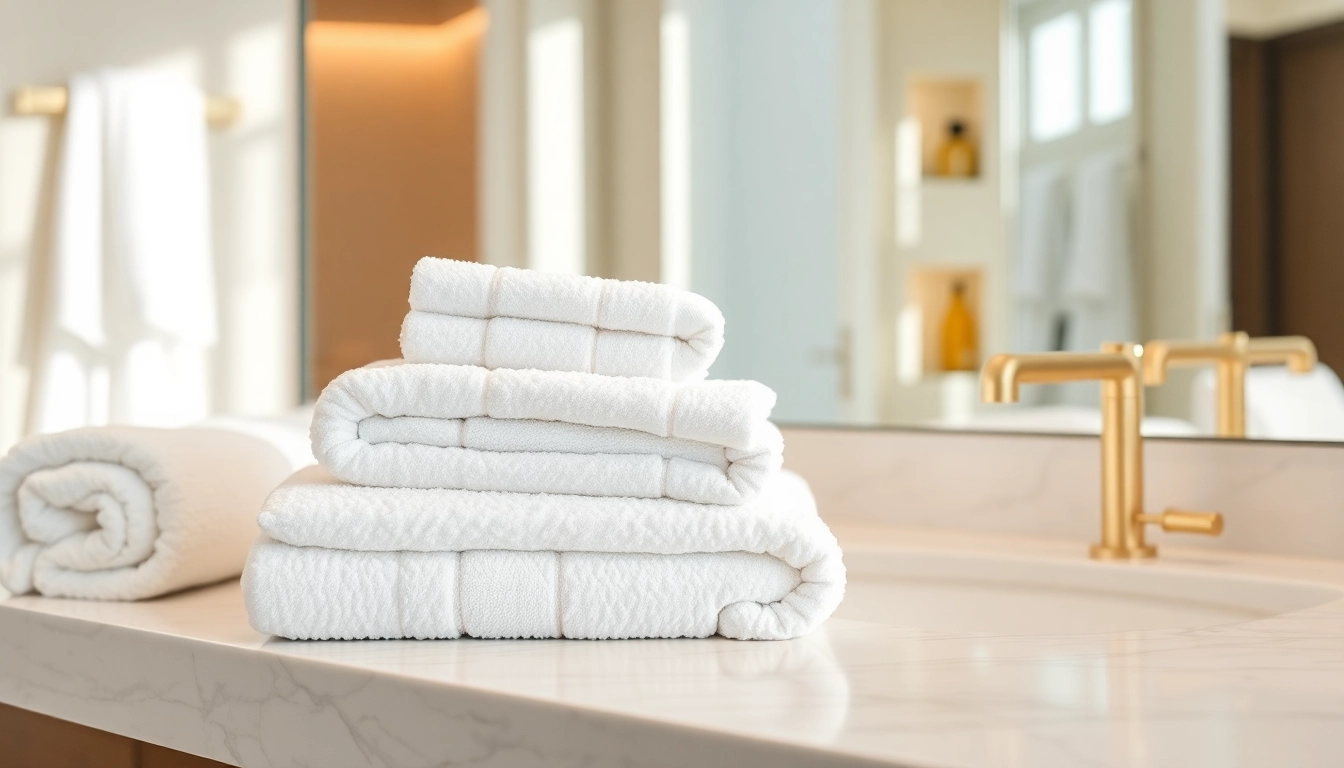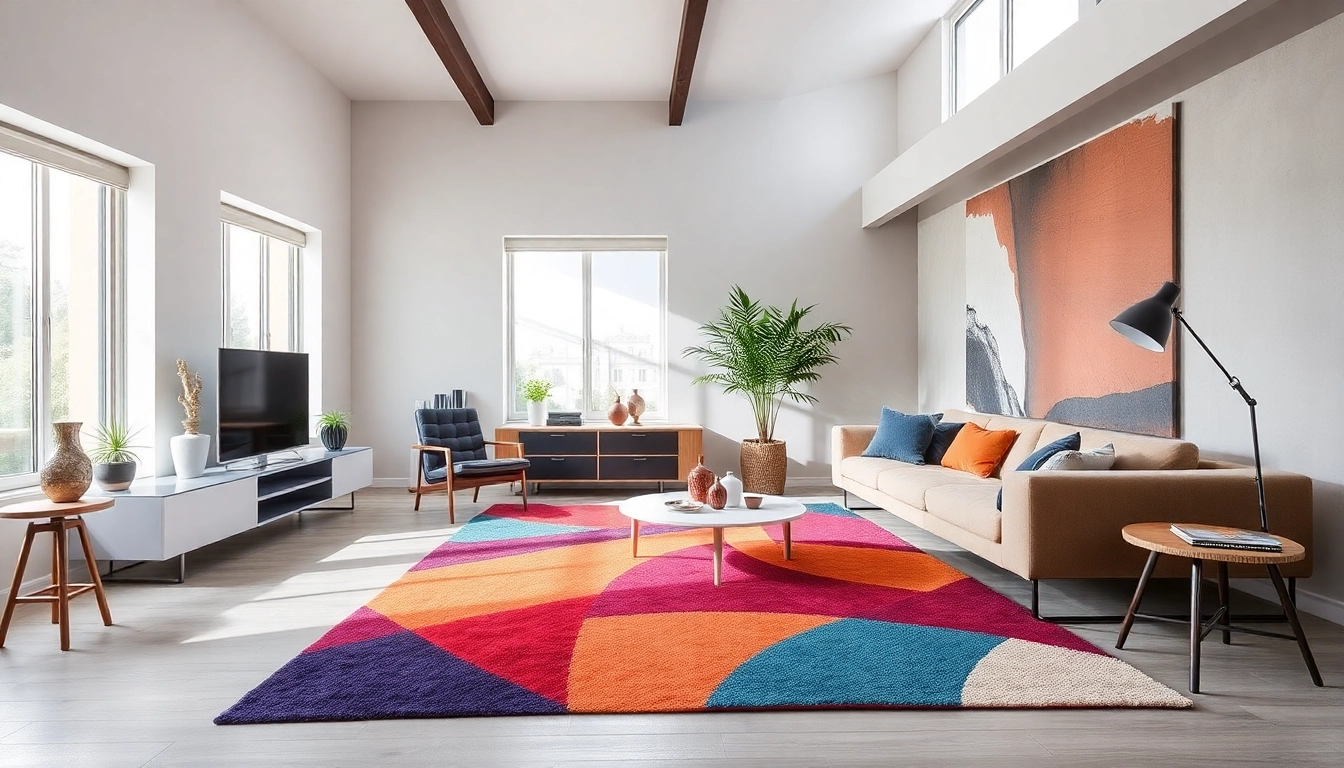Introduction to Hotel Towel Suppliers and Industry Standards
Hospitality businesses thrive on delivering exceptional guest experiences, and every detail contributes to this standard—down to the quality and feel of the towels provided. As one of the most visible amenities in any hotel or resort, towels must combine durability, absorbency, softness, and aesthetic appeal. The role of a hotel towel supplier is pivotal in sourcing textiles that meet these demanding criteria while aligning with brand standards and operational efficiencies.
Choosing the right supplier is not merely about procurement; it is about establishing a reliable partnership that ensures consistent quality, timely deliveries, and competitive pricing. Industry standards set by leading manufacturers such as Canarias Tex and Acme Textiles guide these expectations, emphasizing fabric excellence, uniformity, and eco-friendly practices. In this landscape, staying informed about current market trends and customer expectations is essential for hospitality providers aiming to stand out and foster guest loyalty.
Understanding the Role of a Hotel Towel Supplier
At its core, a hotel towel supplier acts as the bridge between textile manufacturers and hospitality businesses. They are responsible for sourcing, selecting, and delivering towels that satisfy specific quality benchmarks while accommodating diverse operational needs. This involves a comprehensive understanding of fabric types, manufacturing processes, and industry trends.
Trusted suppliers not only provide products but also offer customization options, bulk purchasing advantages, and after-sales support, ensuring hotels can uphold their aesthetic and functional standards. For instance, bulk suppliers like Canaria Tex specialize in combed cotton towels that are favored for their softness, longevity, and high absorbency—key attributes for luxury and boutique hotels alike.
Key Industry Standards for Hospitality Towels
Material Quality
Hospitality towels must adhere to rigorous material standards that prioritize durability and comfort. Nigerian or Egyptian cotton, Turkish cotton, and high-grade combed cotton are popular choices for their absorbency and softness. Towels designed with a GSM (grams per square meter) ranging from 450 to 700 are considered optimal for hotels, balancing weight, durability, and drying speed.
Manufacturing and Textile Certifications
Certificates such as OEKO-TEX, GOTS, and ISO ensure textiles are produced sustainably and free of harmful substances. These certifications are increasingly becoming a prerequisite as guests demand eco-friendly and hypoallergenic amenities.
Design & Aesthetic Consistency
Uniformity in color, size, and finishing touches like embroidery or branding helps maintain professional hotel appearances. Customization options enable hotels to reinforce brand identity through logo-embossed or color-coordinated towels.
Operational Standards & Durability
Given the frequent washing and heavy use, towels must withstand commercial laundering processes without losing their shape or color integrity. Suppliers must provide textiles that retain their quality through hundreds of wash cycles—signifying their long-term value.
Market Trends and Customer Expectations
Recent market insights highlight evolving customer expectations shaping the towel industry. Guests increasingly favor plush, soft, and eco-friendly textiles that enhance their stay. Brands like Velour Towel Exporter emphasize plushness and absorbency to meet these demands.
Furthermore, customization has gained importance, with hotels opting for tailored designs, colors, and monogramming to elevate their branding. The sustainability trend is also prominent, with an emphasis on organic fibers, eco-friendly dyes, and mindful manufacturing practices. Technology-driven innovations such as moisture-wicking fabrics and antimicrobial treatments are also emerging, promising enhanced guest comfort and safety.
Choosing the Right Hotel Towels for Your Business
Material Types and Their Benefits
Understanding different materials is key to selecting towels that meet operational goals. Cotton, especially high-quality combed or Turkish cotton, offers superior softness and absorbency. Microfiber towels, though less traditional, provide quick-drying and antimicrobial benefits suitable for high-turnover environments. Linen linens are prized for their durability and natural feel but are less common due to higher costs.
Design and Customization Options
Hotels can opt for various design features—colors that match branding, embroidered logos for elegance, or textured borders for visual appeal. Customization allows for unique branding while also providing differentiation in competitive markets. With modern printing and embroidery techniques, extensive design options are accessible within bulk orders.
Durability and Maintenance Considerations
Choosing towels that withstand repeated launders is vital for cost efficiency. Towels featuring dense weaving and high GSM tend to last longer, retaining softness and color vibrancy over time. Proper maintenance protocols—such as correct washing temperatures, using mild detergents, and avoiding bleach—extend the lifespan of these textiles.
Best Practices for Working with a Hotel Towel Supplier
How to Evaluate Supplier Reliability and Quality
Ensure suppliers provide tangible credentials such as certifications, samples, and testimonials. Analyzing their manufacturing capabilities, quality control processes, and turnaround times helps verify reliability. Visiting facilities or requesting references can further validate their operational standards.
Order Quantities and Lead Times
Accurate forecasting and clear communication of order sizes are crucial. Suppliers like Dzee Textiles and Easton offer wholesale options suited for bulk purchasing, ensuring availability for large-scale projects. Lead time planning prevents shortages and supports seamless hotel operations.
Negotiating Pricing and Bulk Deals
Bulk purchasing often yields substantial discounts. Negotiations should focus on unit price, payment terms, and delivery schedules. Long-term partnerships enable better pricing, priority service, and customized terms tailored to the hotel’s needs.
Implementing High-Quality Towels in Your Hospitality Facility
Staff Training for Proper Towel Care
Staff education on correct laundering practices preserves towel quality. Proper sorting, temperature control, and gentle handling prevent premature wear and color fading, maintaining guest satisfaction over time.
Guest Satisfaction and Feedback Monitoring
Encouraging feedback on towel softness, absorbency, and appearance enables hotels to make informed procurement decisions. Regular assessment fosters continuous improvement aligned with guest preferences.
Maintaining Brand Standards with Towel Selection
Consistent use of branded, uniform towels supports visual branding and guest recognition. Maintaining a high standard of towels contributes positively to the overall hotel experience, influencing reviews and repeat visits.
Future Outlook and Innovations in Hotel Towel Manufacturing
Sustainable Materials and Eco-Friendly Options
The industry is shifting towards organic and recycled fibers, eco-friendly dyes, and sustainable manufacturing. Certifications like GOTS promote environmentally responsible practices, appealing to eco-conscious travelers.
Technological Advances in Fabric Treatment
New treatments such as antimicrobial finishes, moisture-wicking coatings, and quick-dry technologies are improving towel performance while reducing environmental impact and operational costs.
Emerging Trends in Towel Design and Functionality
Innovations include dual-texture towels combining plushness with quick-drying zones, as well as smart textiles capable of monitoring hygiene levels. These trends aim to enhance guest comfort and safety while supporting hotel branding efforts.



